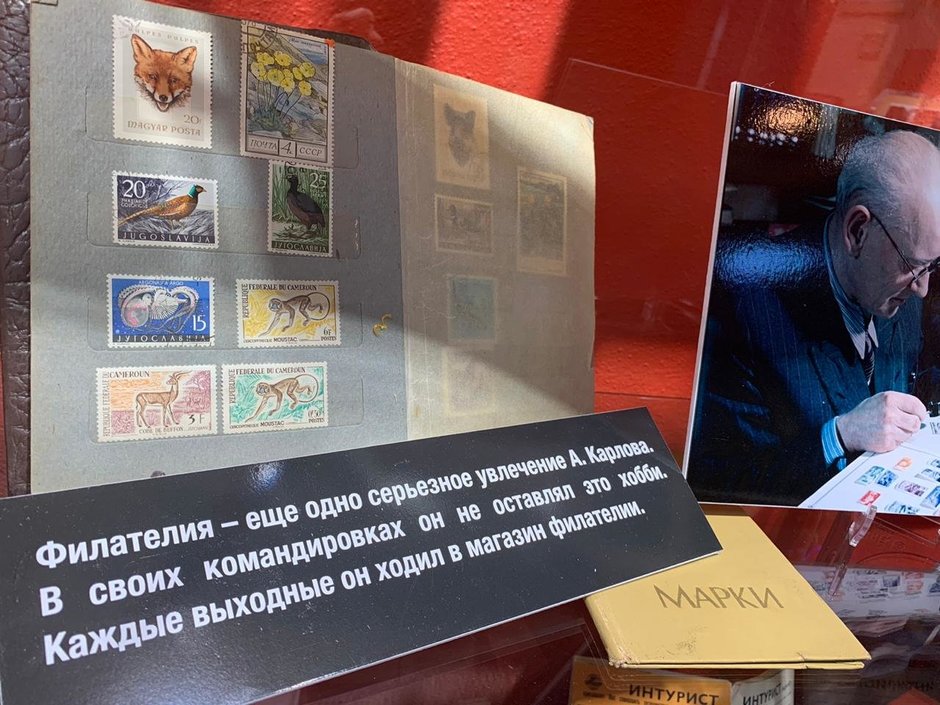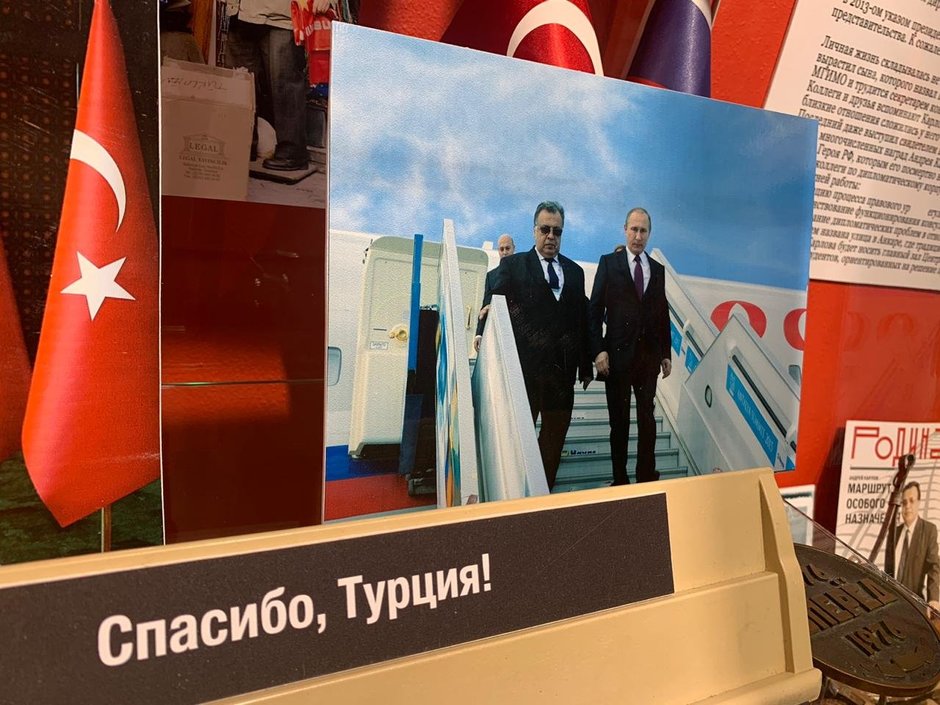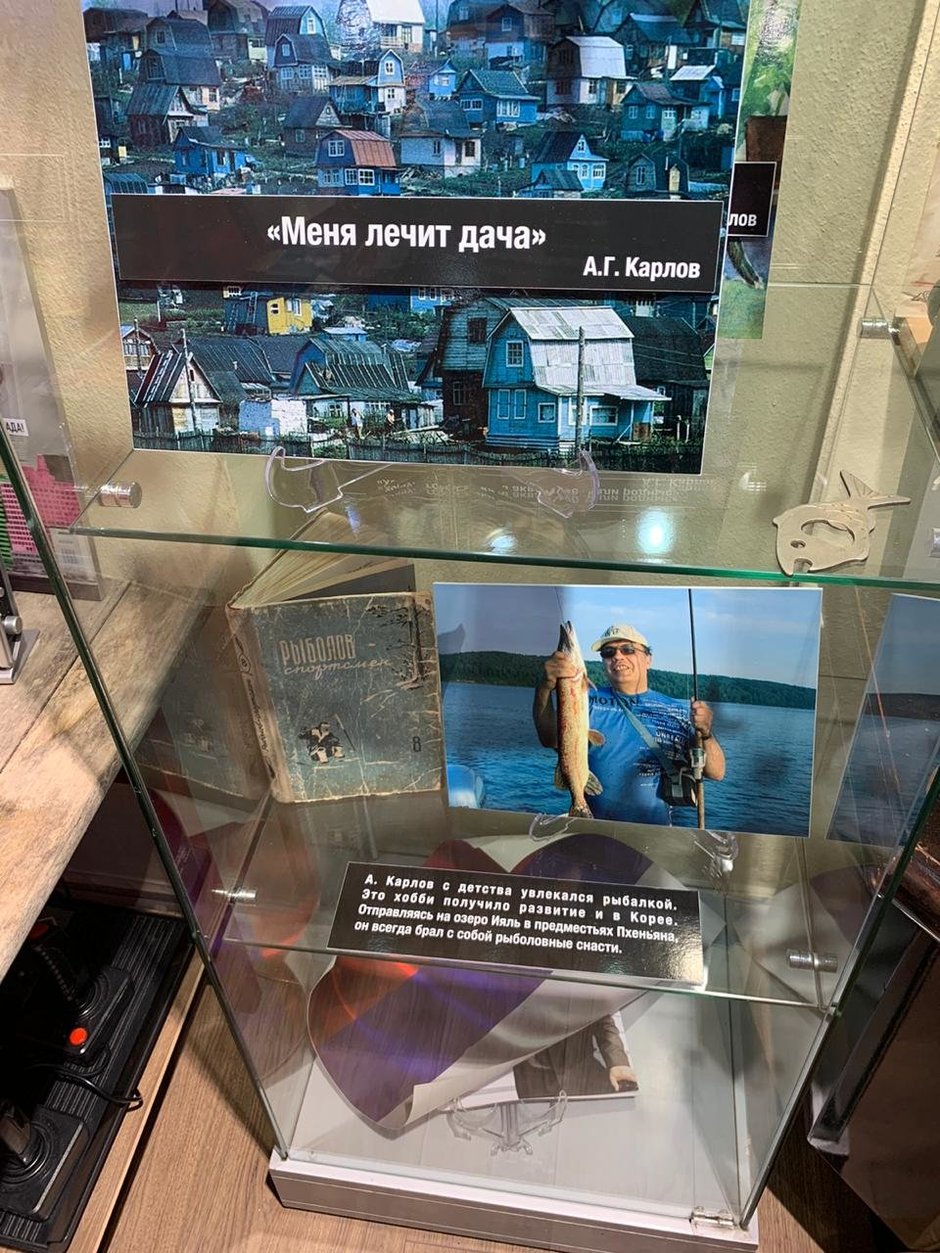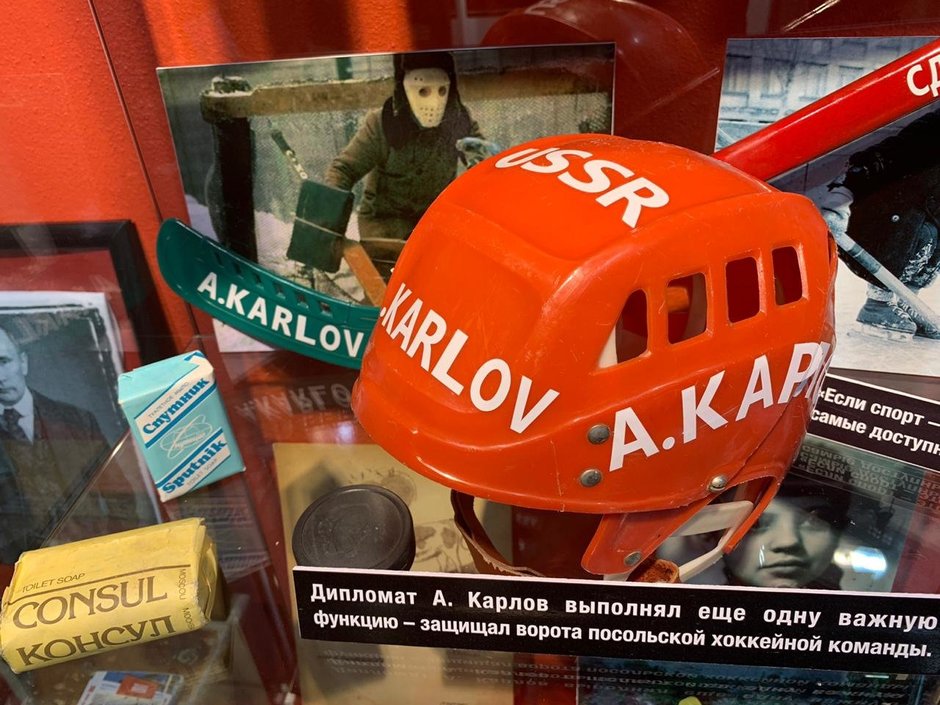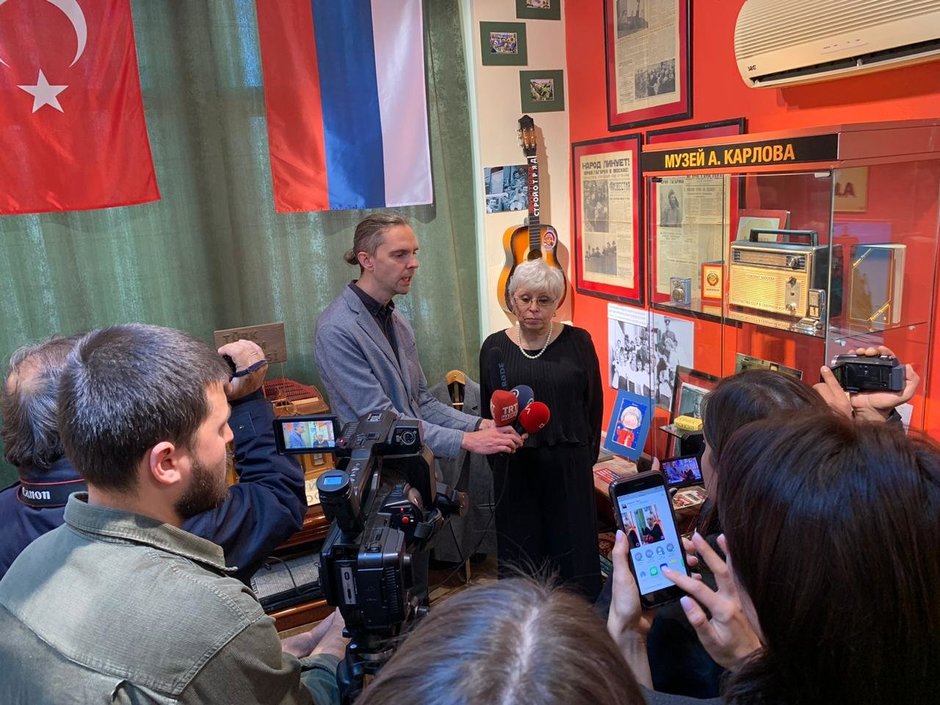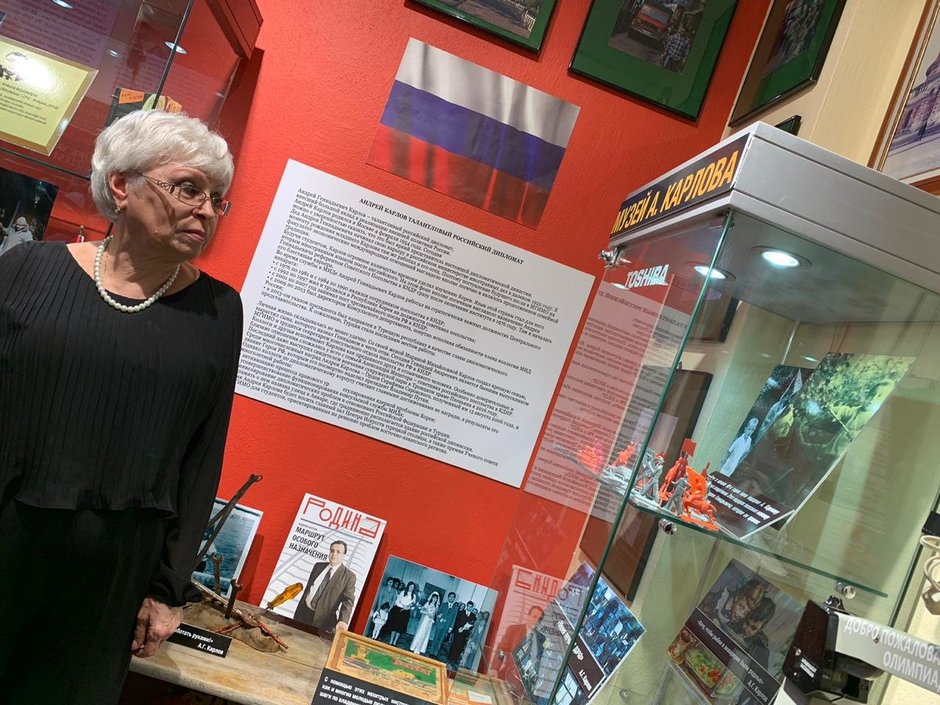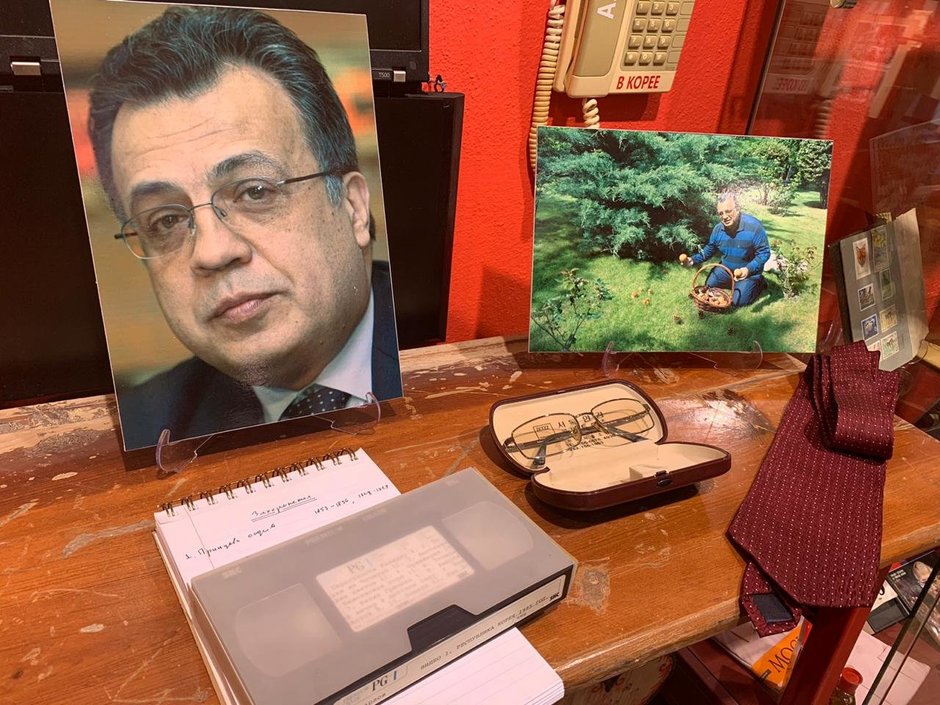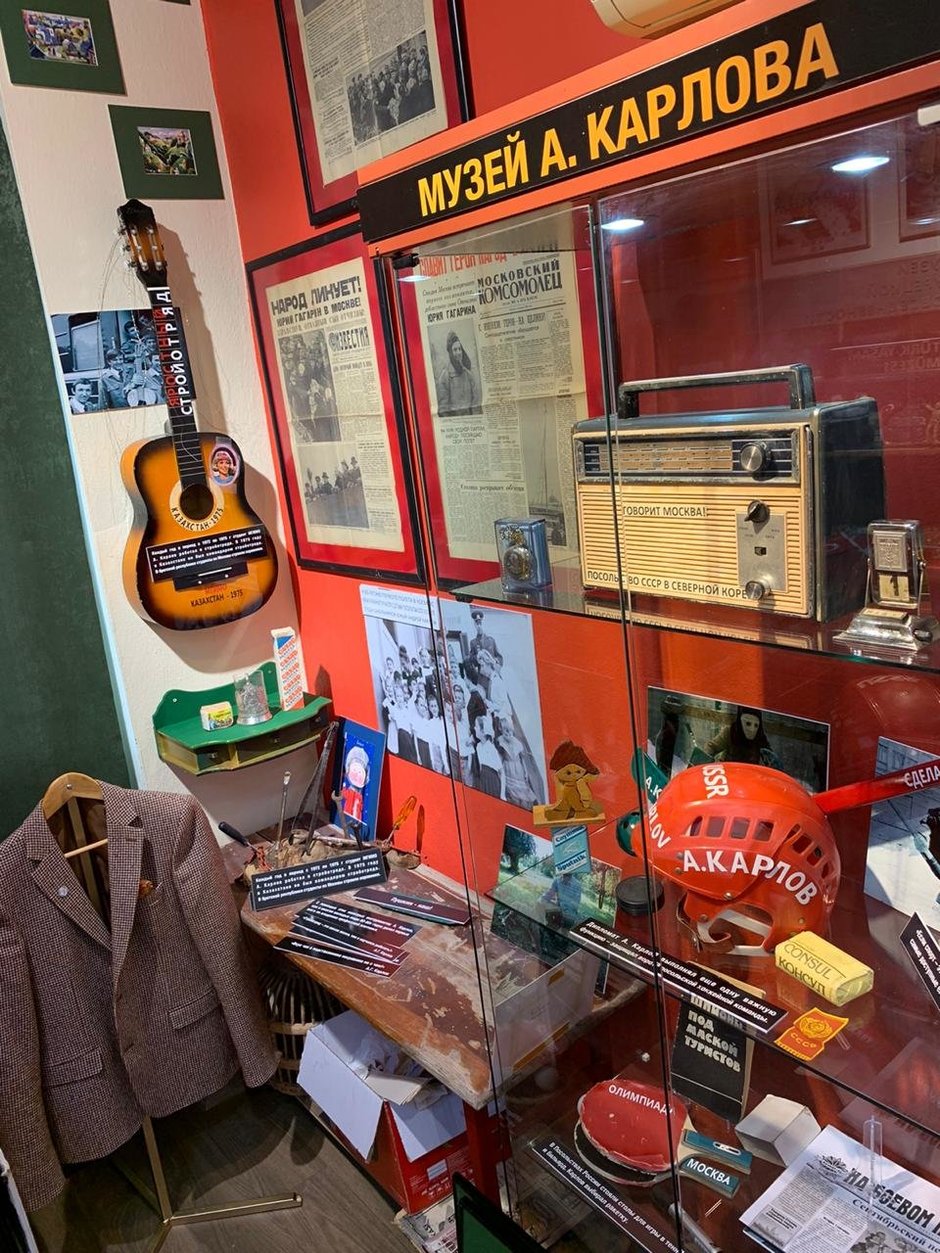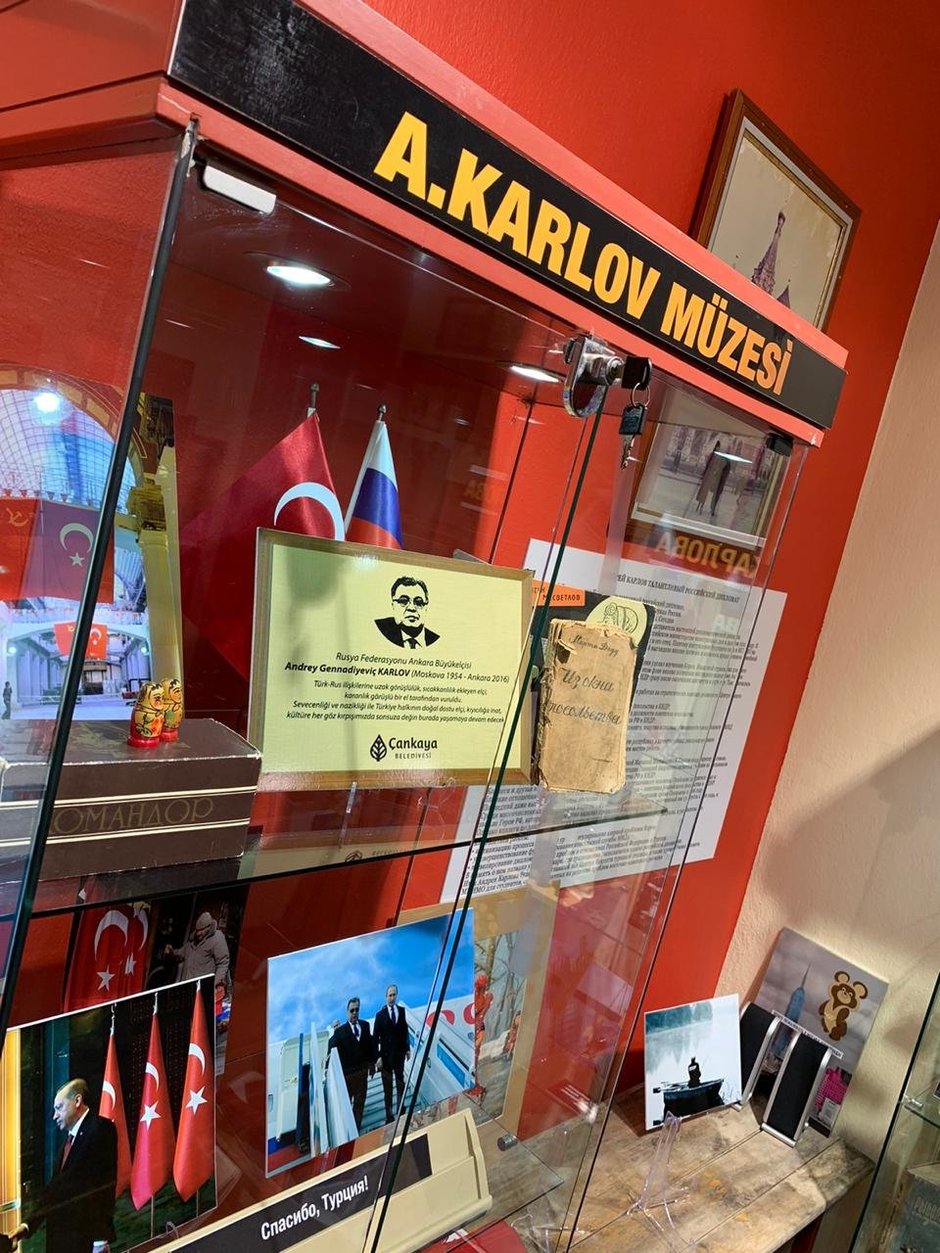Kazan Museum of Soviet Life opens second Andrey Karlov memorial museum in Turkey
The Kazan museum continues to develop a joint project with the widow of the assassinated diplomat
Russian Ambassador to Turkey Andrey Karlov was killed on 19 December 2016 in Ankara at the opening of the photo exhibition 'From Kaliningrad to Kamchatka: Russia Through the Eyes of Travelers'. A year ago, Kazan museum already opened the Karlov memorial museum in Antalya, and on 10 February, on Day of the Diplomatic Worker, the second exhibition was opened — in the province of Mersin, on the basis of the school for children of Russian employees involved in the construction of the Akkuyu Nuclear Power Plant.
Marina Karlova: “Receptions and conversations are the tip of the iceberg in the work of a diplomat”
Andrey Karlov's widow, Marina Mikhaylovna, told Realnoe Vremya that Rustem Valiakhmetov, the director of the Kazan Museum of Soviet Life, suggested creating the first exhibition in Antalya:
“Today, when all over the world remember diplomats who give themselves to the service of the Fatherland, we are opening the second exhibition dedicated to the life of my husband. I express my deep gratitude to the Kazan museum workers who are so professionally engaged in their work. Thanks to them, students can learn that the diplomatic field is not easy. Receptions and conversations are the tip of the iceberg in the work of a diplomat. This is constant abnormal, hard work. My husband has made a huge contribution to the cause of serving his Fatherland, I am sincerely convinced of this. I consider the opening of such museums to be a very important work, including educational work.”
Marina Mikhaylovna handed over family heirlooms to the museum: the personal belongings of Andrey Karlov, notes made by his hand, a glass in a cup holder, a pen, notebooks, a jacket, a music library with audio recordings, and much more.
“I didn't expect to open my husband's museums, so I didn't prepare anything for the exhibition. I just brought some of the rest of his stuff here. You can feel his spirit here. You know, the picture on the TV shows everyone a diplomat in a jacket and with a glass of champagne. Few people think that they are the same people as everyone else, with their hobbies and human attachments. My husband was fond of collecting: he had a huge collection of stamps, which I will pass on to our grandson. He collected the small figures to remember: it is dogs, cats, and turtles. He placed them on different shelves, 5-7 figures of each type. He was also very fond of the dacha: he dug and planted by himself, and all I had to do was process the crop — salt it, pickle it.”
The diplomat's widow told us that Andrey Karlov did not shy away from physical work in the construction of a dacha: he sheathed walls with clapboard, laid floors, and built a house. She says that this way the diplomat took a break from mental work, replacing it with physical work. He also adored animals:
“There was always a dog, a cat in the house, and once even a rat lived. And, of course, fish — it was his passion. He took care of them, planted fry, bred, and fussed with such pleasure. We had an aquarium next to the TV — and sometimes we all watched not the TV, but we looked at the aquarium. And when we moved from Moscow to work in Korea, we even took the fish with us, across Eurasia, in a jar.
The Karlov Museum is the second in Turkey
Rustem Valiakhmetov, the director of the Kazan Museum of Social Life, has already told Realnoe Vremya that the first exhibition dedicated to the assassinated ambassador was opened in Antalya, in the same building as the Turkish branch of the Soviet Life Museum. Today he reminded us:
“This is not a sad memorial, we wanted to show how he lived. He was an interesting man, and his widow, a very open woman, was happy to meet us. I offered her a concept, and she liked it. This exhibition is a story about a Russian, about a simple person like you and me. Students are happy to visit this museum in Antalya — it is located in a room provided to us by the Moscow international school, which has a branch in Antalya. The headmaster of the school, Lyubov Dukelskaya, helped a lot at that time.
Schools are becoming the centre of attraction for Russian culture in Turkey, so the museum in the province of Mersin was also opened in the school for children of Russians working on the construction of the Akkuyu Nuclear Power Plant. Valiakhmetov says that the branch of the Karlov Museum will become part of the Russian cultural cluster in Eastern Turkey.
Next year, the exhibition dedicated to the ambassador who died in Ankara can be viewed at the Museum of Social Life in Kazan: it will be brought here for a while to show to the Russians.
